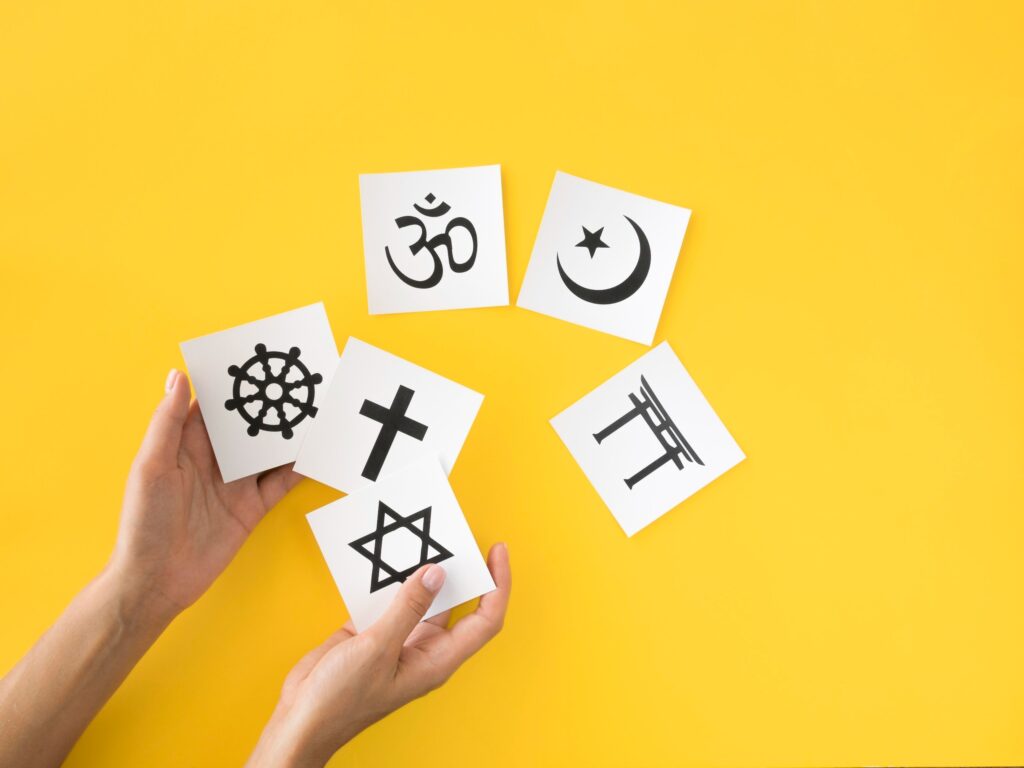Continuing along the lines of deconstructing Islamic Law, I thought I would outline here the high-level categories of Islamic law as laid out in most Islamic legal texts.
#1 – Binary
Islamic law can be look at in a binary sense, i.e. with two main categories:
‘Ibadat – Acts of DevotionThis includes prayer, purity (being a condition for prayer), fasting, pilgrimage, customs, food and drink, in general all of those things that are done out of personal conviction in devotion to God.
Mu’amalat – Civil actionsBusiness, loans, partnerships, Criminal law, family law, the judiciary, international relations, etc… in general all of those things which involve interacting with other human beings.
#2 – another binary formIslamic Law can also be categorized into another binary form
Usul – Fundamentals
Furu’ – secondary issues
In this categorization, law is looked at in the bigger picture, taking into consideration the basis for which the individual laws were formed. this is similar to the differentiation between postive and natural law.
#3 – Trinary
‘Ibadat – Acts of Devotion
Mu’amalat – Civil actions
Customs – this differs here from #1 in that customs are not necessarily acts of devotion, but are regulated in that they usually involve society as a whole. It also differs with mu’malat in that there is generally no communative or charitable ‘exchange’ going on here, even though there is a cultural one.
#4- quaternary
‘Ibadat – Acts of Devotion
Mu’amalat – Civil actions
al-ankiHah or Fiqh al-Usrah – Family Law
Fiqh al-Jinayat – Penal law
#5 – quinternary
‘Ibadat – Acts of Devotion
Mu’amalat – Civil actions
al-ankiHah or Fiqh al-Usrah – Family Law
Fiqh al-Jinayat – Penal law
al-Siyar – International relations
#6 – septenary
‘Ibadat – Acts of Devotion
Mu’amalat – Civil actions
al-ankiHah or Fiqh al-Usrah – Family Law
‘Ilm al-QaDa’ – Judicial law (including arbitration)
Fiqh al-Jinayat – Penal law
al-Siyar – International relations
al-Siyasah -literally politics, but here meaning domestic affairs










